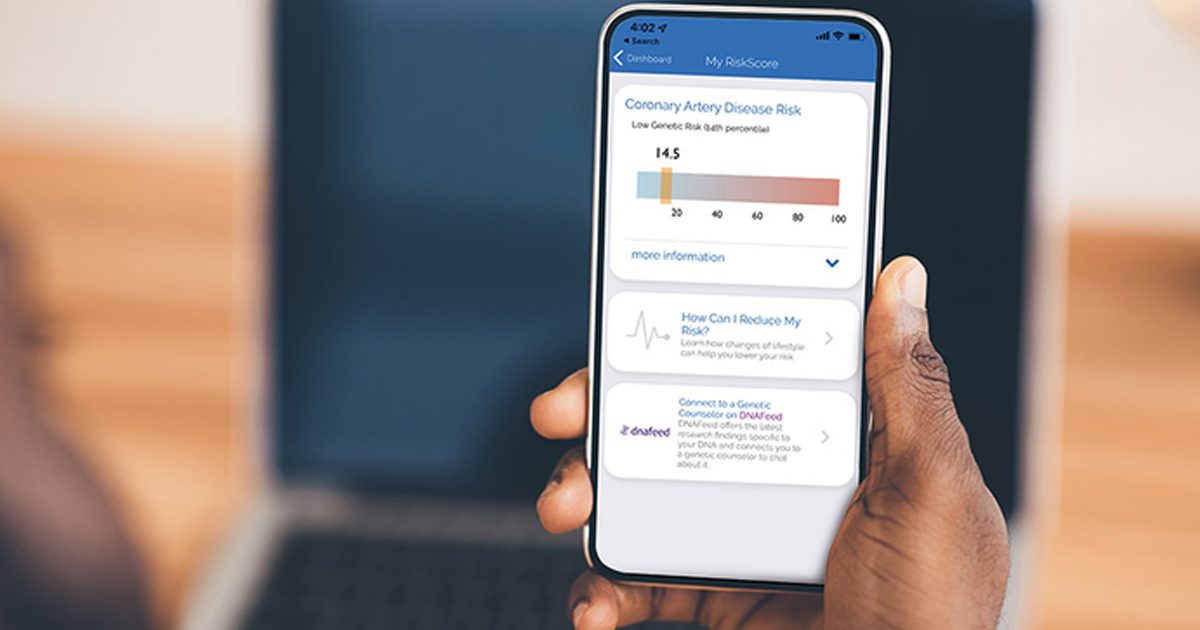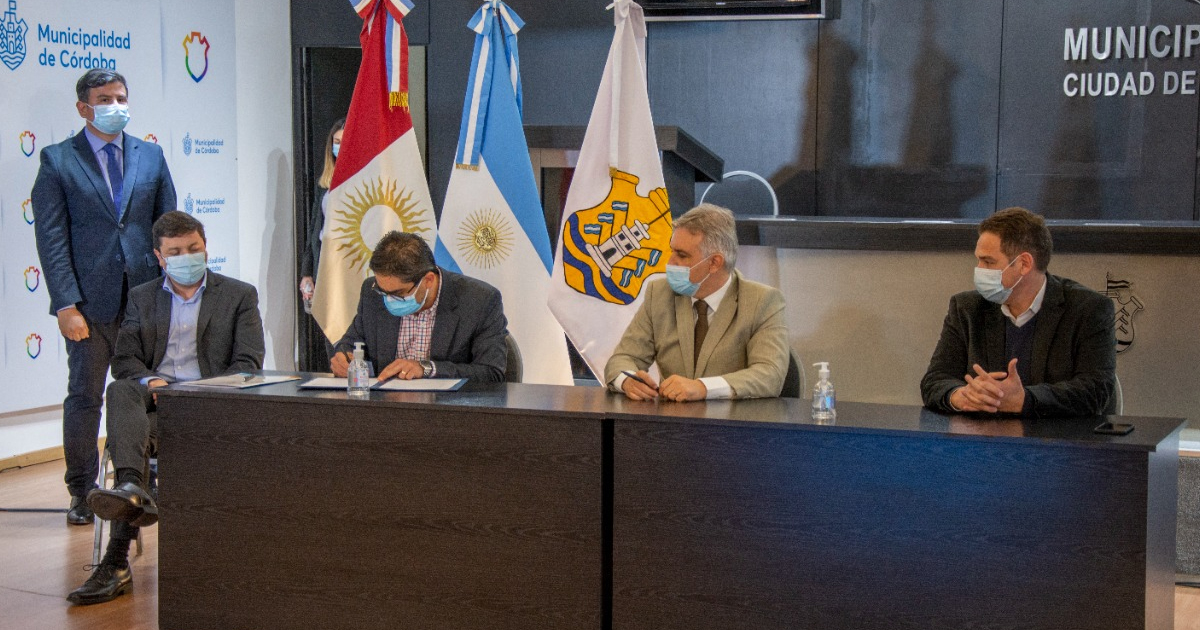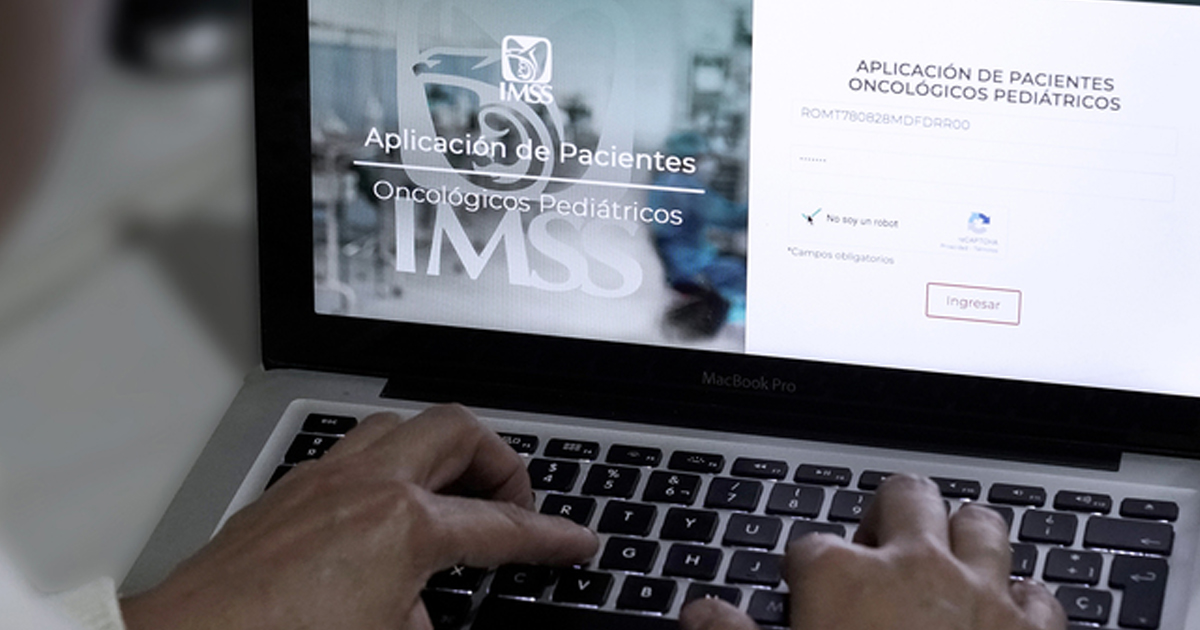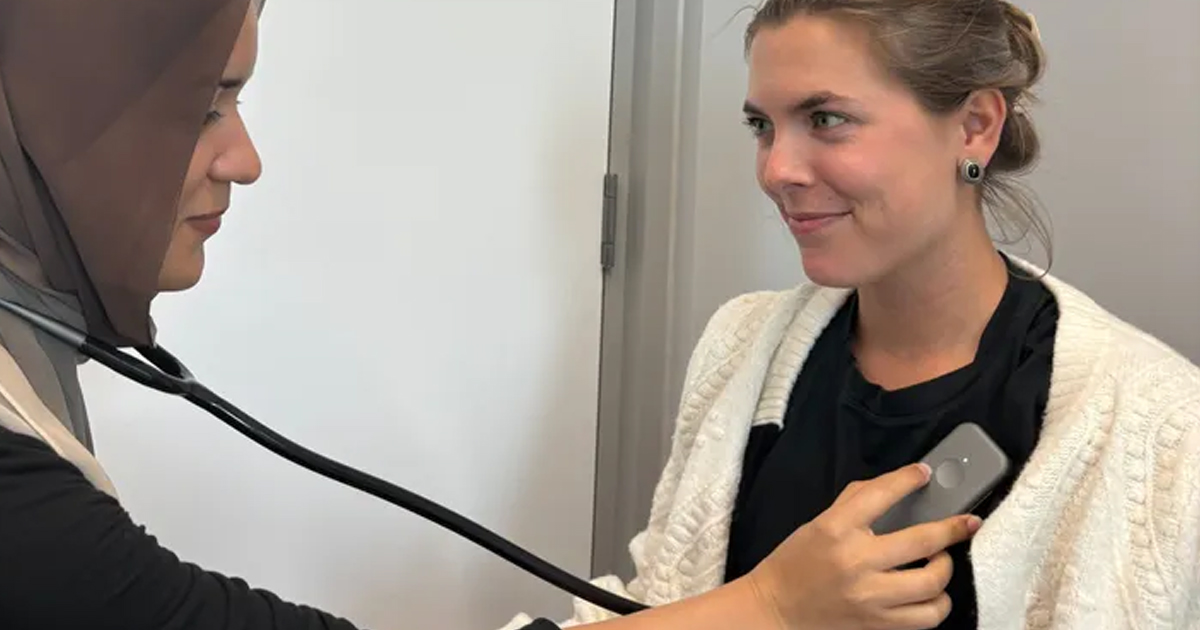Investigadores de genómica en el Scripp Research Tanslational Institute, desarrollaron una aplicación móvil que es capaz de calcular el riesgo genético de padecer infartos.
La aplicación llamada MyGeneRank, puede predecir el riesgo genético que tiene una persona de padecer un infarto. Un estudio sobre este avance tecnológico y médico fue publicado en npj Digital Medicine.
El estudio detalla que para el desarrollo de MyGeneRank, fue necesaria la información de 23andMe, una compañía de pruebas genéticas y la participación de 721 personas. Los datos recolectados fueron sobre el riesgo de enfermedad coronaria basada en datos del ADN de los participantes.
El estudio muestra que los participantes con puntajes de alto riesgo tenían más probabilidades de utilizar terapias para la reducción del colesterol, en comparación a los participantes con puntajes bajos.
“Observamos aproximadamente el doble de la tasa de inicio de estatinas en el grupo de alto riesgo genético frente al grupo de bajo riesgo genético, lo que indica que estrategias como esta podrían hacer una gran contribución a la salud pública, ya que la enfermedad cardíaca es la principal causa de muerte en todo el mundo”, explicó el autor principal del estudio, el Dr. Ali Torkamani, director de Genómica e Informática del Genoma en el Scripps Research Translational Institute.

En este sentido, el método consistió en alertar a través de la app móvil a los participantes sobre su riesgo de padecer un infarto. Lo que representa un modelo que puede ser replicado para promover el cuidado de la salud y un acercamiento temprano a la atención médica y un posible diagnóstico.
Por su parte, el Dr. Evan Muse, cardiólogo, líder de genómica cardiovascular en el Instituto y coautor del estudio, explicó que: “Ahora tenemos la oportunidad de integrar la genética de una persona en su evaluación de salud cardiovascular para ayudarlos a comprender mejor su riesgo individualizado y empoderarlos para realizar las modificaciones necesarias, incluida la adición de la terapia con estatinas, a sus planes de optimización de factores de riesgo”.
Torkamani, explica que cuando una persona conoce su riesgo genético, aunque este sea bajo, puede generar el cambio en su estilo de vida, como una mejor alimentación o la práctica de actividad física.
Conoce más sobre esta aplicación en el siguiente enlace: https://mygenerank.scripps.edu/







